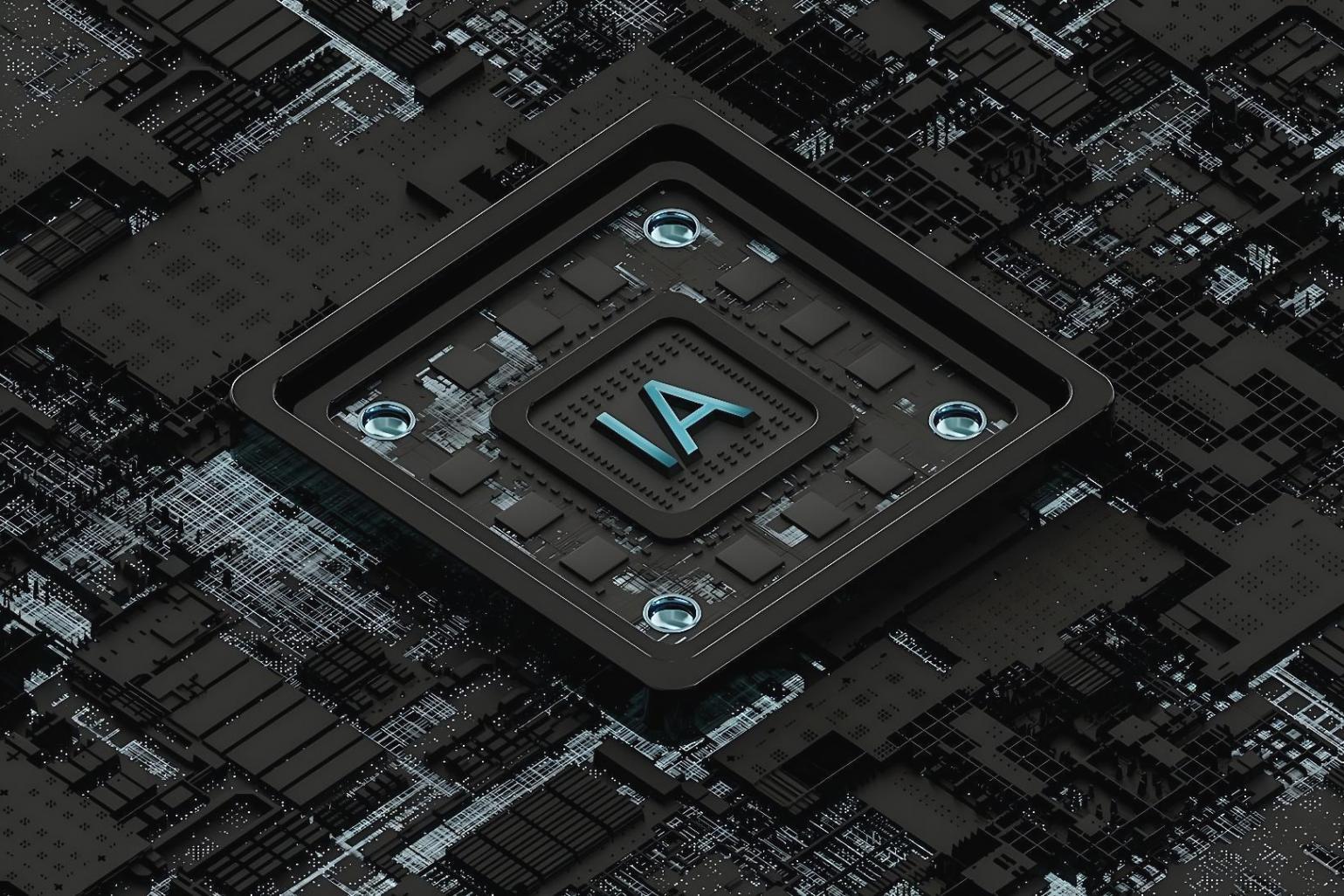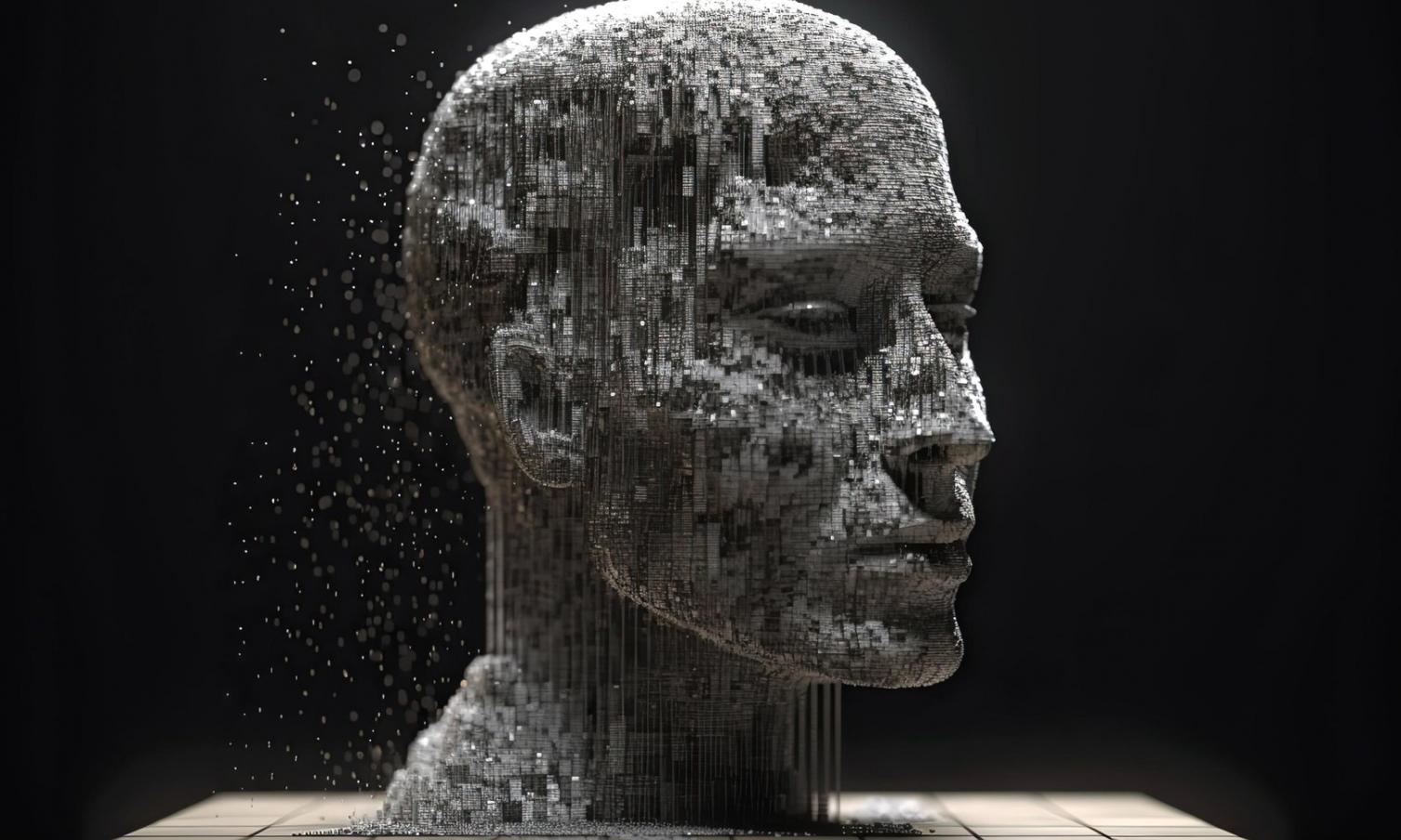AI Performance Monitoring That Actually Works
Real-time insights into your AI systems before problems become disasters
Most companies discover their AI models are failing when customers start complaining. We built something different — monitoring that catches performance drops, bias drift, and data quality issues while you can still fix them quietly.
Schedule Your Assessment
Our Three-Layer Detection System
Most monitoring tools watch what already happened. Ours predict what's about to break.
Pattern Recognition
We analyze thousands of performance indicators your current tools miss. Subtle changes in response patterns, memory usage spikes, and inference time variations that signal trouble ahead.
Predictive Alerting
Instead of telling you when something breaks, we warn you 15-45 minutes before it happens. That's usually enough time to prevent customer-facing issues entirely.
Automated Recovery
When models start drifting or performance degrades, our system can automatically scale resources, switch to backup models, or trigger retraining processes without human intervention.

What Happens When Detection Actually Works
- Your team stops getting emergency calls at 2 AM because systems fixed themselves
- Customer satisfaction scores improve because AI responses stay consistent
- Development cycles speed up when you can test changes against real performance data
- Compliance audits become straightforward with complete model behavior logs
- Resource costs drop when you only scale up before you actually need it
Beyond Basic Monitoring
Traditional monitoring tells you CPU usage and memory consumption. We track the metrics that actually predict AI system failures.
Inference Quality Tracking
We monitor output consistency, confidence score distributions, and response time patterns. When your model starts giving inconsistent answers to similar questions, you'll know within minutes.
Data Drift Detection
Your training data becomes stale over time. Our system compares incoming requests against your original training distribution and alerts you when the gap becomes concerning.
Model Behavior Analysis
We track decision boundaries, feature importance changes, and prediction confidence patterns. This helps catch subtle model degradation that traditional metrics miss completely.
Business Impact Correlation
Technical metrics mean nothing without business context. We connect AI performance changes to customer behavior, conversion rates, and revenue impact.


Kieran Blackwood
Lead Performance Engineer
Why Most AI Monitoring Fails
"Companies spend months building sophisticated models, then monitor them with tools designed for traditional software. It's like using a car speedometer to monitor airplane performance."
-
The Infrastructure Trap
Everyone focuses on servers, containers, and databases. But AI systems fail when models drift, not when servers crash. You need monitoring that understands machine learning, not just infrastructure.
-
The Lag Problem
Traditional metrics show problems after they impact users. Model performance degrades gradually, then suddenly. By the time error rates spike, you've already lost customers.
-
The Context Gap
Generic monitoring tools don't understand your specific use case. They can't tell the difference between a temporary traffic spike and genuine model degradation. Context matters.
